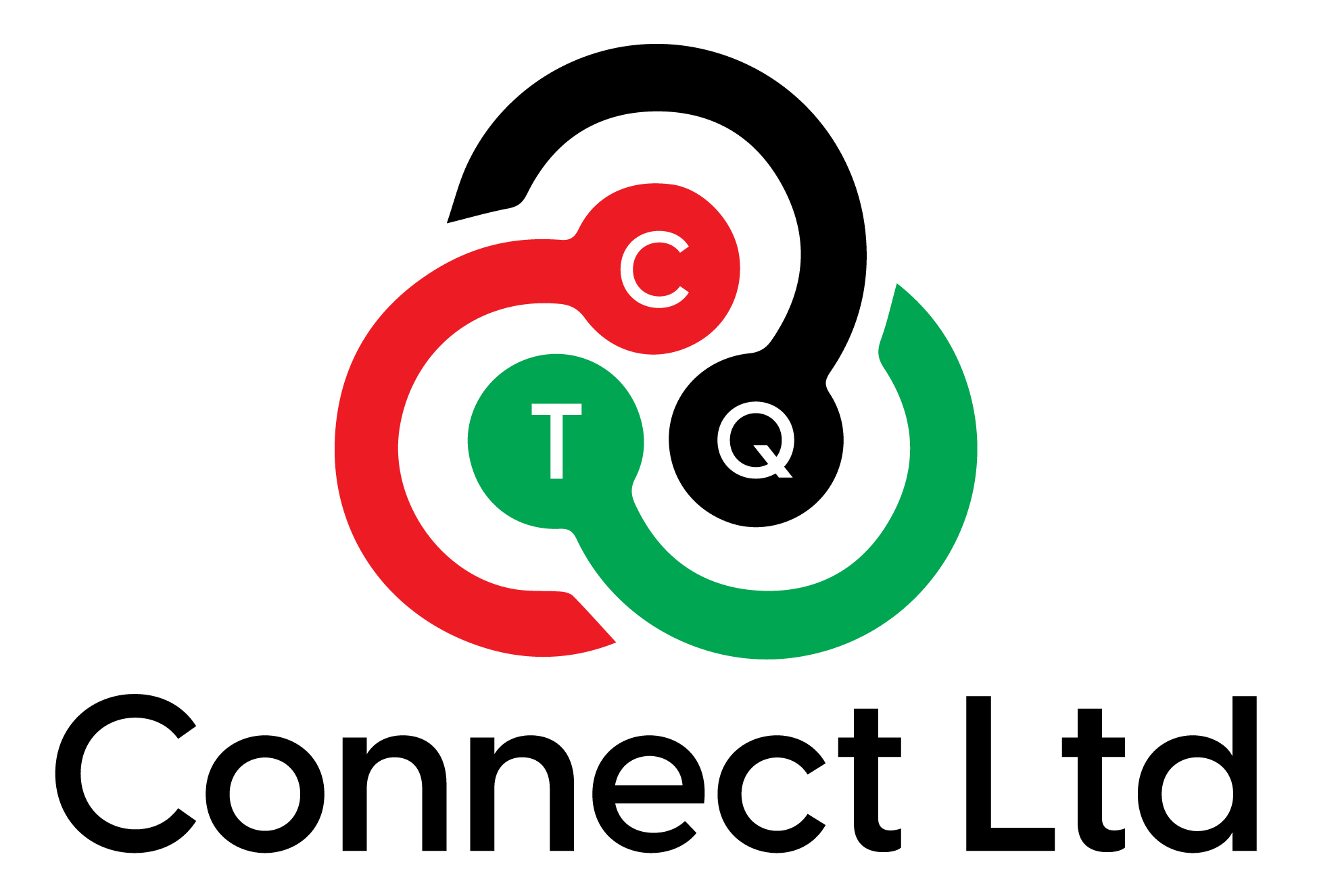When starting a business, there are some essential business metrics that one needs to consider: these metrics fuel startup performance, growth, and overall success. You can get valuable insights into multiple aspects of your business, from measuring progress and development to data-driven decision-making, identifying pain points and areas for improvement, resource allocation, and more. This blog will explore some standard metrics businesses must use to streamline their startups, unlock their potential, and strive to build a sustainable, growth-focused business.
Understand the Importance of Revenue Metrics
Revenue metrics are significant for improving and evaluating a startup’s financial performance and growth potential when businesses and organizations track these metrics, such as Monthly Recurring Revenue (MRR), which measures predictable revenue gained by the recurring billing models in startups.
MRR Highlights Business Stability in Multiple Ways
There are predictable revenge streams in which MRR gives an absolute number of the monthly revenue a startup can expect to generate. Customer retention, a stable MRR, provides a clear picture of whether the customers are satisfied with their services or products and will likely continue their subscription. Growth potential indicates that a startup is advancing and growing its customer base and working towards increasing its revenue.
Customer Metrics
It is always crucial to understand your customers for any startup to be successful. Other indicators, such as Customer Acquisition Cost (CAC), make monitoring the attractiveness of marketing campaigns possible, preventing the company from spending too much money on acquiring new clients. Customer Retention Rate measures how many of your old customers are returning to buy your products, a figure that is usually ignored by many in their assessment of business success. Also, the use of Net Promoter Score (NPS) gives an understanding of the level of satisfaction in customers and their readiness to recommend products or services. All these metrics understand entirely how the target audiences perceive your startup.
Operational Metrics
Startups are all about efficiency, and operations make sure the company stays on track. Burn Rate measures the rate at which you consume your cash reserves; the more significant the figure is, the more you are in danger. It builds on this realization to offer your business runway – the amount of time it can continue operations without seeking more funds – to assist in prioritizing expenditure. In addition, Employee Productivity measures the efficiency levels of your employees to distinguish which activities or projects to focus on to achieve better results.
Product Metrics
Your product is the center of your startup, and its results say it all. The Churn Rate shows the percentage of customers no longer using your product and what might be wrong with it. Feature Adoption Rate is the pull-through rate of new features, and this metric can help to identify what caught users’ attention. Last, conversion rates measure how well your product converts customers, which is a good sign of its adaptability in the market.
Industry-Specific Metrics
Every industry requires a specific set of KPIs that correspond to the industry’s problems and objectives. For example, a technology company developing a new application would use Daily Active Users (DAU) and Application Engagement Rates. In contrast, an e-commerce firm would track Average Order Value (AOV) and Cart Abandonment Rates. Knowing what metrics are most relevant to your niche helps to coordinate tracking efforts with modern trends and customer needs, thus making decisions.
The Role of Metrics
Measurement is a good start, but change is the goal, so using the identified metrics is the key. As a result, insights derived from data can be applied to correct strategies, enhance process efficiency, and make alternative market changes. Specific tools, such as implementing an ERP system or an analytical tool, will also help make the metric identifiable and actionable. Recall metrics aim to create a preventive, knowledge-based approach to managing your startup, creating the conditions for long-term success.
Conclusion
CTQ Connect identifies your startup’s potential, which depends on understanding essential business quantitative indicators. Being customer, operation, product, or industry-based, these examples of performance indicators provide fundamental information that contributes to the definition of proper strategies. CTQ Connect enables startup owners to improve organizational efficiency, increase customer satisfaction, and sustain the business’s financial performance. The application of metrics in the work of startups can help to point out the areas of change and potential growth and work for the sustainable success of the businesses. Remember that metrics are not merely values but indicators of your business’s performance, charting a course to a successful business with CTQ.


